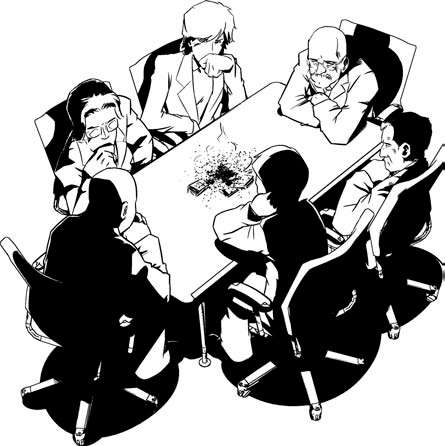Postmortem
We've come a long way together, unless you are one of the people who go right to the last chapter. You know how I feel about probability theory and money, about human evolution and financial markets, about risk and people. We have even covered history, religion, politics, current events, and a lot of other stuff. I hope you had some fun and learned some things.

As you can see from the chapter heading, I am going to close out with a postmortem. In my years as a risk manager, I have had many of these. I learned a few things about how to do them right. You have a bunch of unhappy people gathered in a room to discuss a large loss of money or other disaster. For the purposes of this chapter, we are going to discuss the financial crisis that began in 2007 and is still playing out as I write this.
I always begin by asking people to think like a Bayesian. How shall we update our prior beliefs? In other words, what did we just learn? As long as you both survive and learn, no crisis is a complete loss. Often you discover that most of your loss was actually a gain—you learned that something you thought was valuable was not. That's an addition to knowledge, not a subtraction from wealth, however much it feels like a loss. The same is true if you learned that something you thought was safe was dangerous or that someone you thought could be trusted could not or that something smart ...
Get Red-Blooded Risk: The Secret History of Wall Street now with the O’Reilly learning platform.
O’Reilly members experience books, live events, courses curated by job role, and more from O’Reilly and nearly 200 top publishers.

